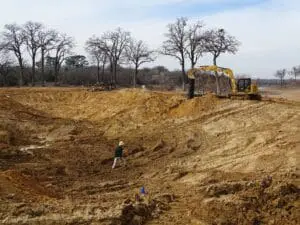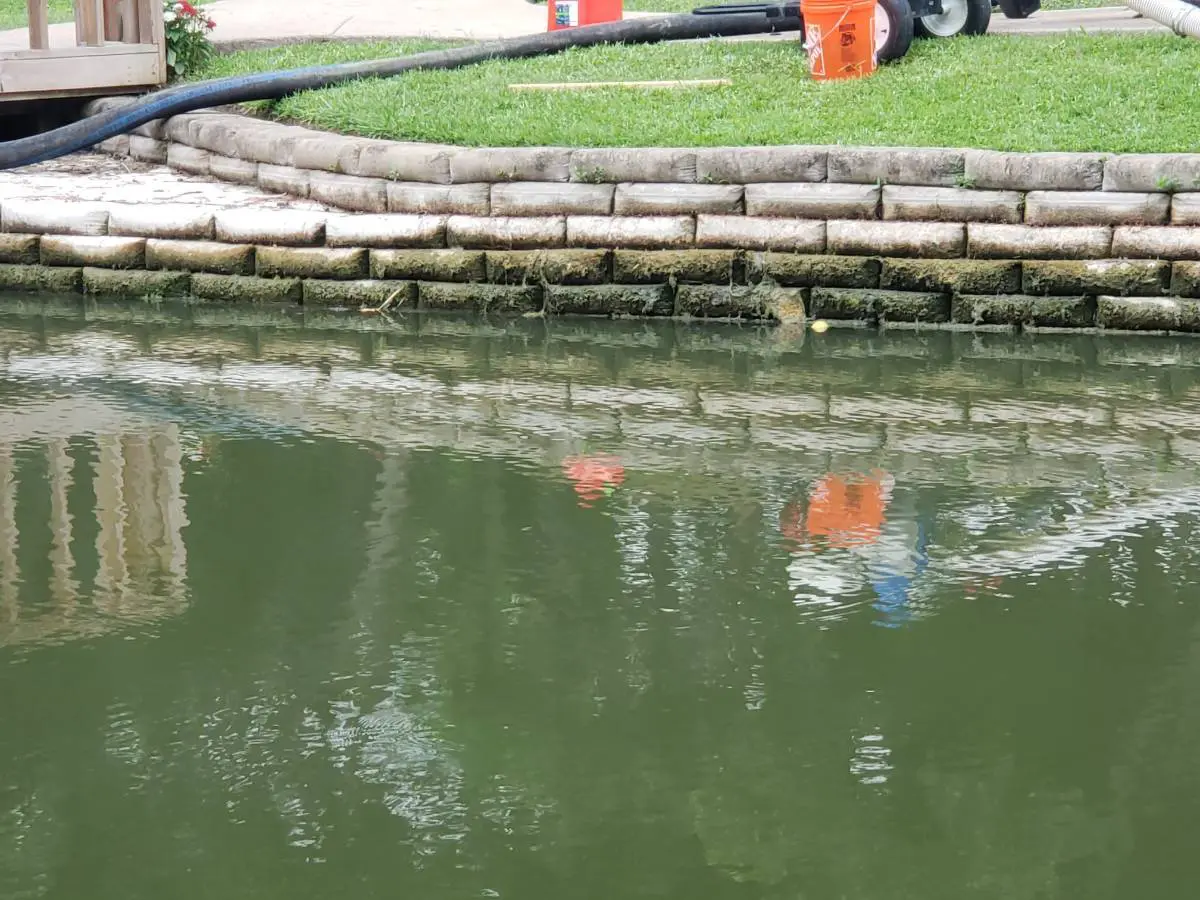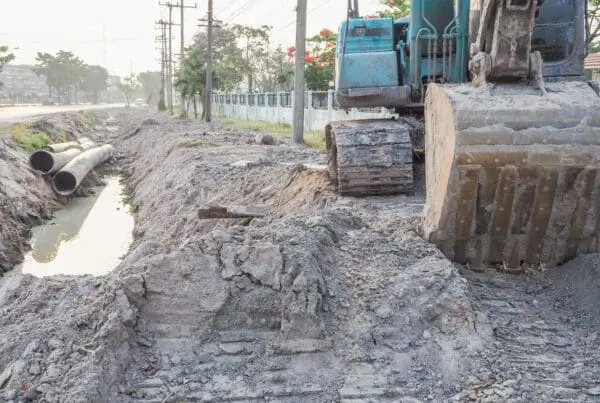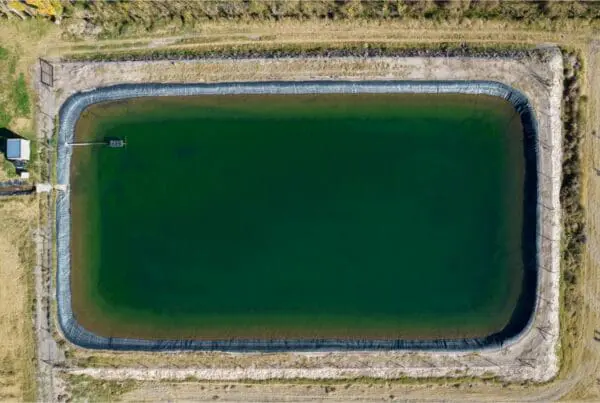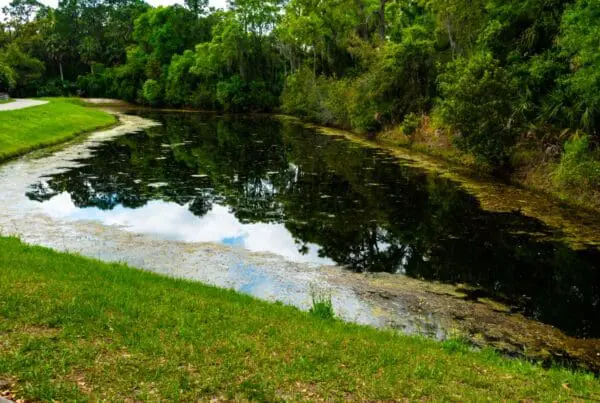Help, how do I fix my leaky pond?!
We get calls often about ‘leaky ponds’; how to quantify the leak and how to go about repairing the leak site. After fielding this question on a regular basis, PondMedics would like to offer some education on how ponds and lakes can lose water.
There are 3 main ways that ponds lose water overtime:
- To groundwater; water flows under the surface of the earth naturally
- To evaporation; hot dry climates increase the amount of evaporation
- To actual leaking; structural integrity or design issues that allow water to leave
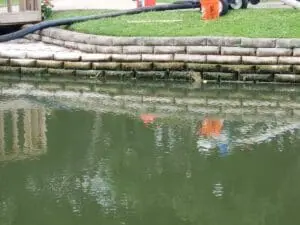
Losing water to groundwater is known as ‘seepage’. Seepage, to some degree, is completely normal and natural in almost every setting. Factors directly affecting the rate of seepage are the pressure from gravity acting on the water and the makeup of the soils surrounding the pond or lake. If the soils, or loam (mixture of different particle sizes that make up soil), have larger particle size – sand or gravel, then this means there are large spaces in between the particles that hold gases like air until water is present – the gravity forces water to take the space of the air and causes seepage. Typically, in areas with high amounts of water bodies, such as the north-central and northeast United States, groundwater connects multiple bodies of water together and allows them to flow back and forth such as ponds, lakes, rivers, streams, and wetlands. Often in the Dallas – Fort Worth area ponds and lakes are lined to prevent seepage to the soils. If the pond is lined and there is still some evidence of seepage, it could point to a structural issue with the liner.
Evaporation is a natural function that you have likely encountered at some point with birdbaths, swimming pools, or even the morning dew on the grass! When the humidity is less than 100% and the air temperature is warm enough this can change water from a liquid state to a water vapor gas; effectively removing it from that system completely. It is possible that once the air temperature cools again this water vapor will return to the system as rain or dew. Extended periods of hot, dry weather can generate quite a bit of evaporation! There are experiments to set up to see if this is the explanation for your pond or lake losing water, just ask us!
Lastly, actual leakage of a pond or lake is completely possible and should be examined after the two situations above are ruled out. Depending on the structural integrity and building of the waterbody, areas directly surrounding the waterbody, and recent weather events, leaking or failure to hold water can look very different! This last aspect is site-dependent and requires professional help to diagnose and remedy. If the previous two options do not sound like they could be affecting yourwater levels please seek help from a surface water management company that you trust!